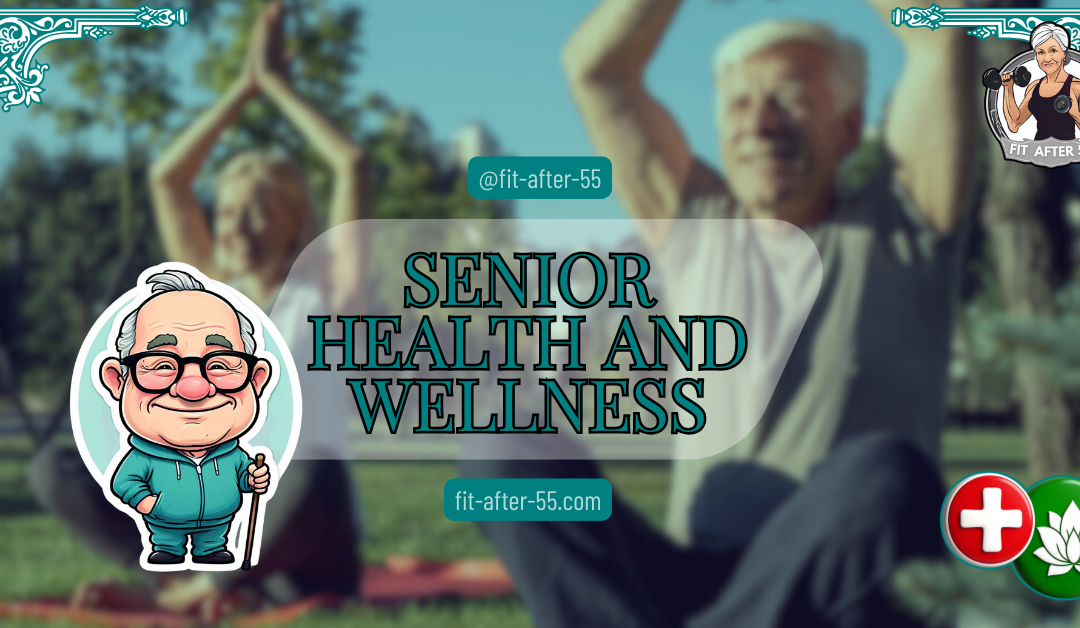Prioritizing senior health and wellness is more important than ever in today’s fast-paced world. As the golden years bring a mix of joys and challenges, maintaining a healthy lifestyle becomes essential for living life to its fullest. From staying active with gentle exercises to embracing balanced nutrition and mental well-being practices, seniors can take small yet impactful steps toward enhancing their overall quality of life. Focusing on health improves longevity and ensures these years are filled with energy, confidence, and independence.
This article dives deep into the essential components of senior health and wellness, offering practical tips and strategies tailored to the unique needs of aging individuals. Whether you’re looking to boost physical fitness, improve mental clarity, or cultivate emotional resilience, the insights shared here will empower you to create a more fulfilling and health-focused lifestyle. Let’s explore how to thrive, not just survive, in your senior years.
Thriving in the Golden Years: Essential Tips for Senior Health and Wellness
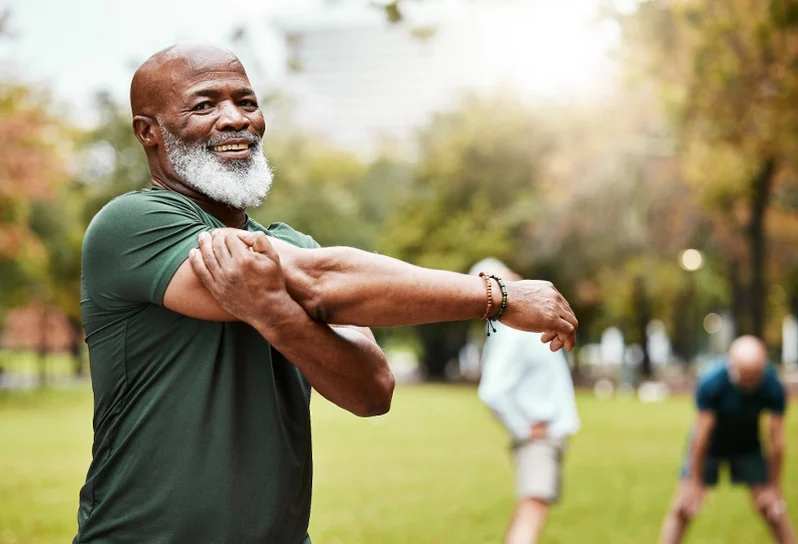
Staying physically active as we age is more than just about feeling good; it’s crucial for maintaining independence and enhancing the quality of life, a core aspect of senior health and wellness. Regular exercise keeps our muscles strong, improves balance, and boosts our mood. Plus, it’s a great way to connect with friends and family.
Choosing exercises that suit our bodies is particularly important for seniors. Walking, swimming, or yoga are excellent choices that build strength and flexibility without putting too much strain on joints. Even simple activities like gardening or walking a pet count towards your daily movement goals, promoting senior health and wellness at every stage of life.
Before starting any new exercise routine, talking with a healthcare provider is wise, especially if pre-existing conditions exist. Wearing appropriate gear, staying hydrated, and avoiding extreme weather conditions are key to staying safe during workouts. Physical activity truly is the fountain of youth, offering both health benefits and happiness as rewards.

Key Highlights
-
Staying active helps seniors maintain independence and improve quality of life. Simple exercises such as walking, swimming, and yoga enhance strength, flexibility, and balance while promoting mental well-being.
-
Seniors must focus on essential vitamins and minerals, such as calcium, Vitamin D, and B, to support bone and brain health. Hydration is crucial, too, as seniors may not feel thirsty but still need water to maintain energy and well-being.
-
Keeping the mind sharp through cognitive exercises and social engagement is key for seniors. Managing stress and cultivating emotional resilience through activities like meditation, hobbies, and maintaining meaningful relationships contribute significantly to overall wellness.
A Nutritional Path to Longevity: Revitalizing Diet Strategies for Seniors
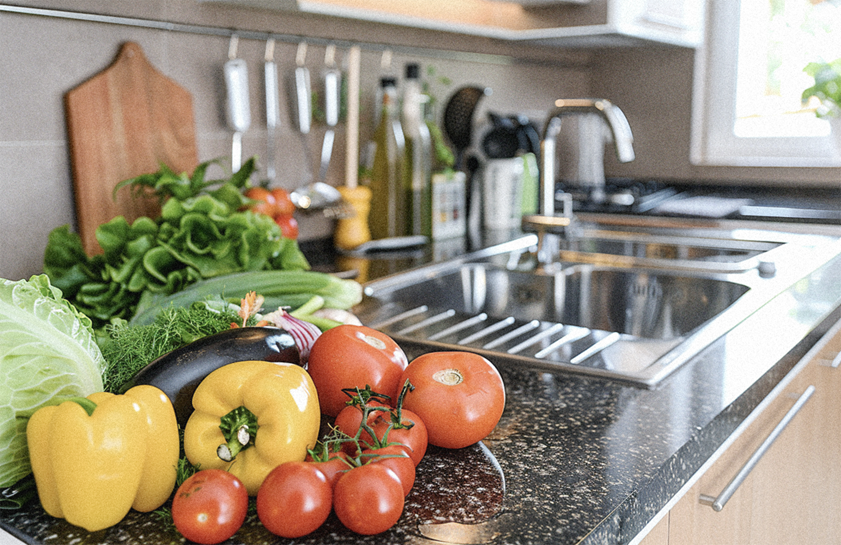
Eating well doesn’t get less important as the years go by. It becomes even more crucial. Aging changes metabolism and nutrition needs, so understanding these shifts is key to maintaining health.
Essential Vitamins
One of the main things seniors should focus on is getting the right balance of essential vitamins and minerals. Calcium and Vitamin D, for instance, support bone health, while B vitamins play a crucial role in energy and brain function. Iron, magnesium, and potassium are also important for overall health.

Simple and Balanced Meals
Creating meals with a balanced mix of protein, healthy fats, and carbohydrates can seem challenging, but keeping it simple helps. Lean meats, whole grains, fruits, vegetables, and nuts can be part of great meals. These basics ensure you get the nutrients needed without unnecessary calories.
Hydration
Let’s talk hydration. Older adults often don’t feel as thirsty as they used to, but the body’s need for water remains. Drinking water daily helps digestion, supports skin health, and keeps energy levels steady. If water seems boring, herbal teas or water-rich foods like cucumbers and watermelon add some fun!
Higher age often comes with barriers, like difficulty preparing food or chewing, but there are ways around them. Softening food, meal prepping, or meal delivery services can ensure you get the nourishment needed without too much hassle.
Maintaining a balanced diet is vital for keeping strong and well-nourished. With friends or family, cooking can be a delightful activity that encourages social interactions while exploring new recipes and ingredients.
Fostering Mental Resilience: Nurturing Mind and Memory

Aging can change how our brains work, but keeping the mind sharp is very much possible with a focus on senior health and wellness. Engaging in cognitive exercises is one way to strengthen memory and thinking skills. These activities could be puzzles, reading, or learning a new skill—anything that keeps the brain busy and challenged.
Social
Keeping the mind active can’t neglect the social aspect of life. Being with people, whether in a club, class, or just chatting with friends, boosts brain health significantly. Social interactions stimulate mental processes, lift spirits, and provide a sense of belonging.
Stress Management
Stress can weigh heavily on anyone, but learning stress management techniques can help keep it in check. Practices like meditation, deep breathing, or regular physical activity are effective ways to decrease stress levels. Incorporating relaxation techniques into daily routines significantly impacts overall well-being.
Therapeutic Hobbies
Exploring therapeutic hobbies brings joy and mental resilience. Gardening, painting, or writing can improve mental health, offering relaxation and a sense of achievement. These hobbies encourage mindfulness, absorbing the present moment, and quieting the mind.
It’s useful to be aware of signs of cognitive decline—forgetfulness, difficulty concentrating, or struggling with familiar tasks might signal a conversation with a healthcare provider is in order. Early detection can lead to interventions that make a substantial difference. Maintaining mental resilience involves engaging in activities, social bonds, and proactive health measures, all contributing to a fulfilling life.
Emotional Well-being: Keys to Living a Purposeful Life
Emotional health is vital for truly enjoying life, regardless of age, and is a key aspect of senior health and wellness. Staying connected with others through hobbies, volunteering, or family gatherings can fill days with joy and meaning. Sharing stories, laughter, and experiences keeps the heart light and encourages a sense of community, contributing to senior health, wellness, and emotional well-being.
Emotional Intelligence
Understanding and mastering emotional intelligence can boost one’s ability to cope with life’s ups and downs. Recognizing feelings and expressing them constructively enhances relationships and personal fulfillment.
It’s okay to seek help if you are feeling low for prolonged periods. Recognizing the signs of depression is a step toward better emotional health. Talking to friends and family or seeking professional advice can provide support and solutions.
The Power of Joyful Activities and Gratitude
Planning and participating in activities that spark joy brings daily pleasure. Whether it’s a favorite class or a simple countryside walk, these moments add zest to life. Engaging in activities that elicit smiles and laughter is essential.
Gratitude and positivity can be powerful tools for enhancing emotional well-being. Reflecting on good moments can cultivate a more positive outlook each day. Writing gratitude lists or acknowledging small achievements can shift focus toward the bright side.
Striving for emotional health involves building human connections, understanding personal emotions, and cultivating positivity, all of which contribute significantly to a fulfilling, balanced life.
Essential Exercises for Seniors: Boost Strength, Balance, and Flexibility
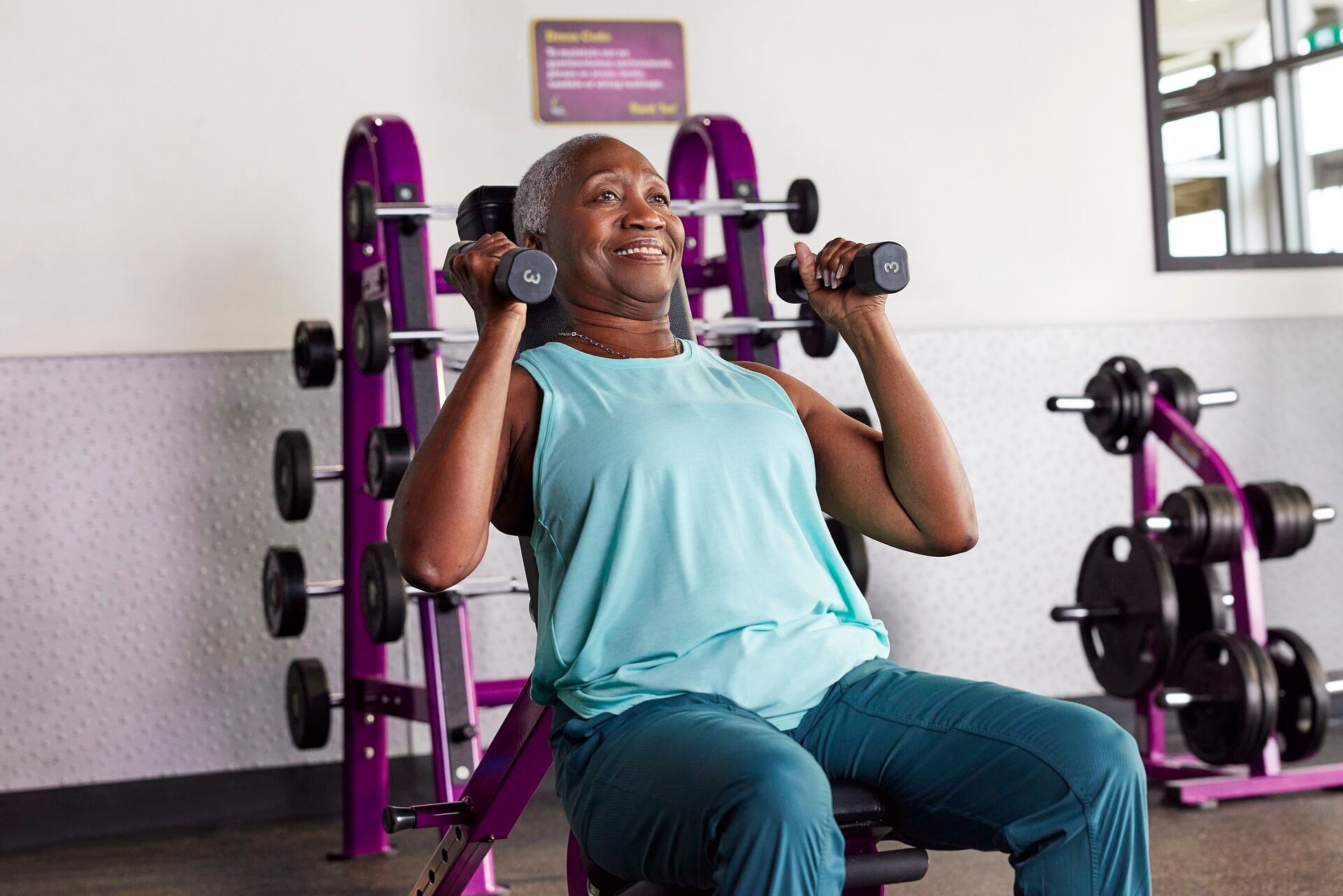
Senior health and wellness exercises for seniors are designed to support mobility, strength, balance, and overall health while considering the unique needs of older adults. These activities can enhance flexibility, reduce fall risks, and promote cardiovascular wellness. Here are some excellent exercise options for seniors to improve senior health and wellness:
Walking
A low-impact, simple exercise that supports heart health and boosts endurance. It can be done at any pace and easily adjusted to fit varying fitness levels.
Chair Exercises
Ideal for seniors with limited mobility, these seated exercises include leg lifts, arm circles, and torso twists, offering a gentle way to stay active.
Strength Training
Using light resistance tools like resistance bands or dumbbells helps preserve muscle mass and improve bone density, which tends to decrease with age.
Stretching
Gentle stretches, such as overhead reaches or leg stretches, help enhance flexibility, ease stiffness, and improve overall mobility.
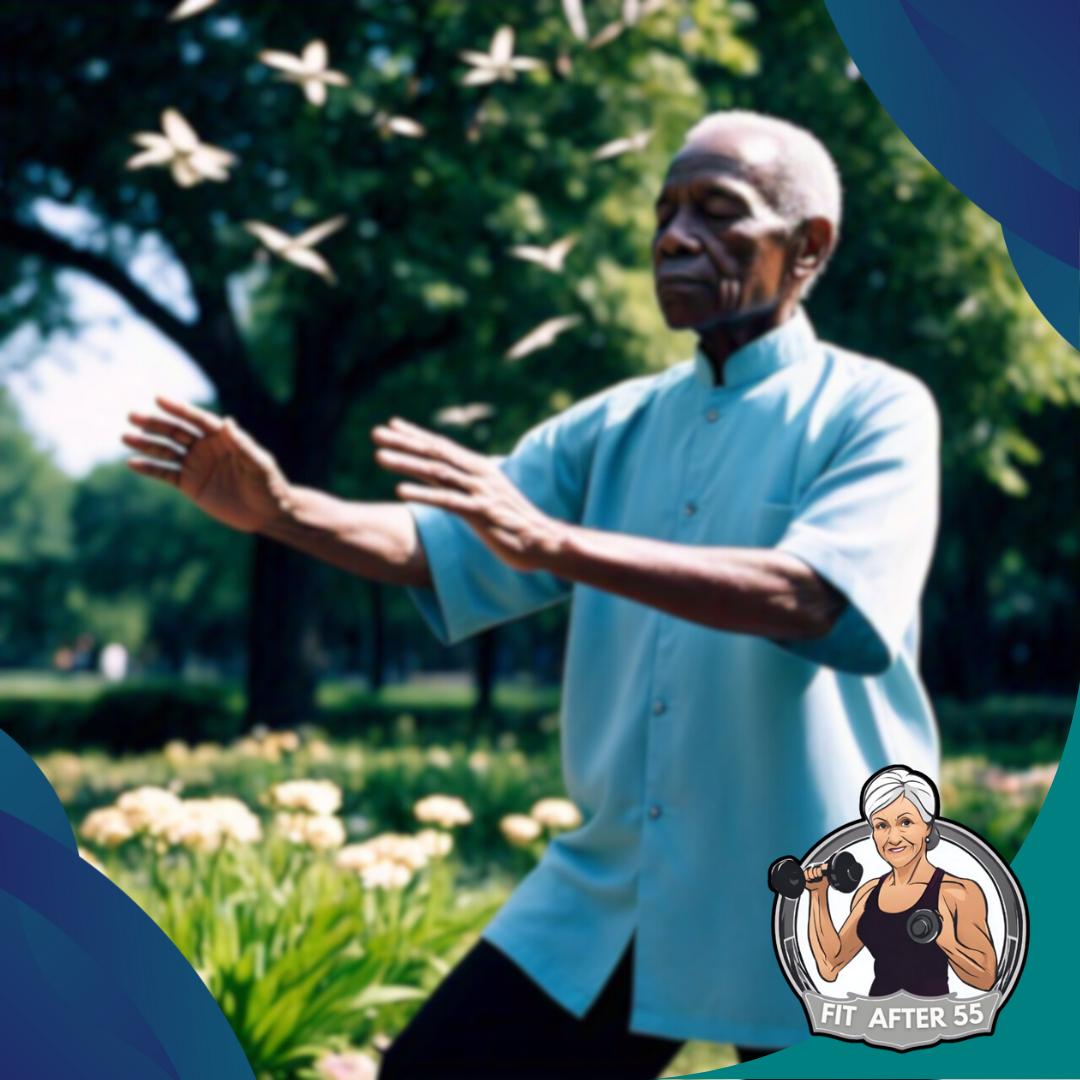
Tai Chi and Yoga
A slow and flowing movement practice that helps improve balance, flexibility, and mental clarity is often called “meditation in motion.”
Modified poses tailored for seniors can help increase flexibility, strength, and relaxation. Senior yoga classes often feature variations to suit different levels of ability.
Water Aerobics and Balance Exercises
Utilizing water’s buoyancy, this low-impact exercise strengthens the body while reducing joint strain, providing a full-body workout that promotes cardiovascular health and flexibility. Simple activities like standing on one foot, heel-to-toe walking, or using balance equipment such as stability balls help improve stability and reduce the risk of falls.
Cycling
Both stationary and outdoor cycling are excellent for strengthening the legs, boosting cardiovascular health, and providing a low-impact exercise option.
These exercises can be customized to suit individual abilities and should be performed regularly for the best results. Always consult a healthcare professional before starting a new exercise routine, especially for seniors with existing health concerns.
Here’s an additional video about senior exercises.
By: Improved Health
Navigating Healthcare: Becoming an Informed and Empowered Patient
Taking charge of one’s senior health and wellness healthcare journey can seem daunting, but being informed and proactive turns that journey into a rewarding experience. Building a communication bridge with healthcare providers is vital. It’s about sharing concerns openly and asking questions until everything’s clear.
Taking charge of one’s senior health and wellness healthcare journey can seem daunting, but being informed and proactive turns that journey into a rewarding experience. Building a communication bridge with healthcare providers is vital. It’s about sharing concerns openly and asking questions until everything’s clear.
Tips for Preparing for Doctor’s Appointments
Before heading to a doctor’s appointment, it’s wise to jot down any questions about health changes or medications. Prepare notes on symptoms and any new developments. This ensures nothing important slips through the cracks during the visit.
Understanding medications, including their effects and potential side effects, is essential. This knowledge allows safer management of one’s health. Keeping a list of all prescriptions, doses, and schedules simplifies the process when discussing with doctors.
Preventative Screening
Preventative screenings are significant allies in maintaining health. These screenings catch problems early, often before symptoms arise. Staying informed about which tests are necessary at different ages helps set a proactive health routine.
Did You Know?
Technology has changed the way we manage health. From digital records to apps tracking medication schedules, tech tools empower us to stay on top of health needs. Embracing these tools simplifies managing appointments, meds, and even workouts.
The Aging Wisdom: Finding Joy and Purpose in the Golden Years

Pursuing hobbies and interests is not just pastime—they’re gateways to creativity and fulfillment. Whether painting, knitting, or exploring a new language, these activities stimulate the mind and provide a sense of accomplishment.
Volunteering
Volunteering offers a unique opportunity to give back to the community while simultaneously enriching one’s own life. Volunteering can foster new friendships, reduce feelings of isolation, and bring a deep sense of purpose.
Celebrating Achievements
Celebrating life achievements, even small ones, nurtures self-worth and motivation. Reflecting on past successes while setting new goals keeps life exciting and forward-looking.

Travel and Explore
Whether exploring a new town or an entirely different culture, travel and exploration bring joy and a fresh perspective. Travel has a way of invigorating the spirit and enhancing appreciation for the world’s beauty.
Intergenerational relationships have immense value—they offer a two-way street of learning and understanding between seniors and younger generations. Sharing experiences and wisdom with family members or mentoring the young creates bonds that offer enduring joy and resilience.
Embracing a Vibrant Future: The Key to Senior Health and Wellness
In conclusion, senior health and wellness encompasses more than just physical health—it’s a holistic approach to ensuring a fulfilling and balanced life in the later years. By focusing on regular exercise, a nutritious diet, mental resilience, and emotional well-being, seniors can significantly improve their quality of life, maintain independence, and thrive well into their golden years. Adopting a lifestyle that prioritizes health allows seniors to enhance their physical and mental capabilities and enjoy a sense of purpose, joy, and connection with those around them.

It’s important to remember that senior health and wellness is a continuous journey, where small changes can lead to big improvements over time. With the right mindset and practical strategies, seniors can embrace their later years with confidence and vitality. Whether through staying active, eating nutritious meals, engaging socially, or nurturing emotional well-being, each step is a step toward a vibrant and rewarding life.
FAQS
How Can Seniors Prevent Falls and Improve Balance?
Seniors can reduce fall risks by incorporating balance exercises like standing on one foot or using balance equipment such as stability balls. Tai Chi and water aerobics are great options for enhancing balance and coordination. Additionally, wearing supportive shoes and ensuring living spaces are clear of obstacles can minimize fall risks.
What Should Seniors Know About Managing Chronic Conditions?
Managing chronic conditions like arthritis, diabetes, or heart disease involves regular check-ups, medication adherence, and lifestyle modifications. Seniors should stay informed about their conditions and communicate openly with healthcare providers about any changes or concerns. Regular physical activity, a balanced diet, and mental health practices are crucial for effectively managing these conditions.
How Can Seniors Stay Mentally Sharp and Prevent Cognitive Decline?
To keep the mind sharp, seniors can engage in brain-boosting activities such as solving puzzles, playing memory games, or learning new hobbies. Staying socially active is equally important, as interaction stimulates cognitive functions. Additionally, getting adequate sleep, reducing stress, and maintaining physical health contribute to cognitive well-being.
Reignite Your Fitness Journey After 55!
Welcome, fitness enthusiasts! Discover the keys to a vibrant, active lifestyle with Fit After 55. Whether you’re a beginner or experienced, we provide practical tips on setting goals and monitoring progress. Join our community and kick-start your fitness transformation today by visiting our website and connecting with us on Facebook!

